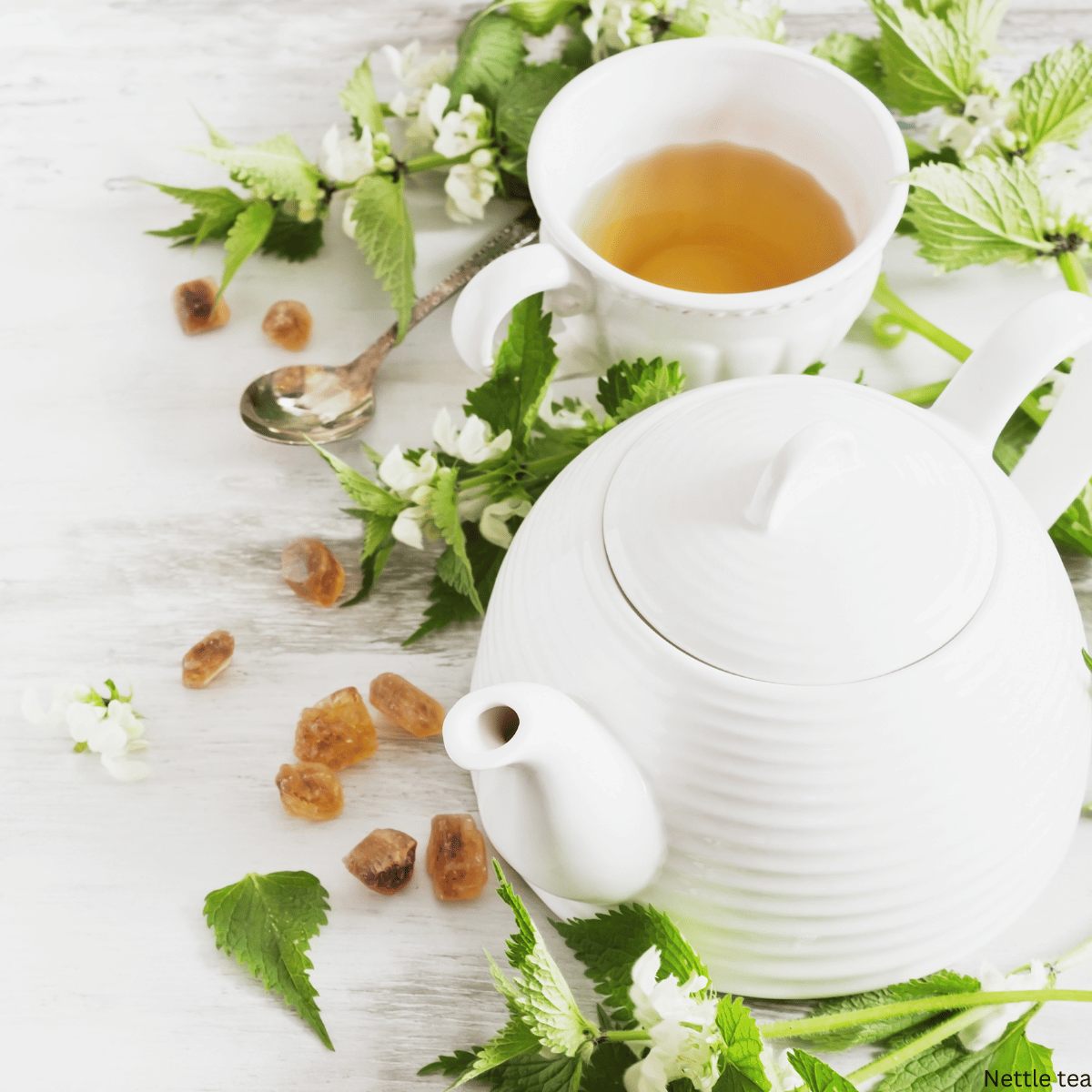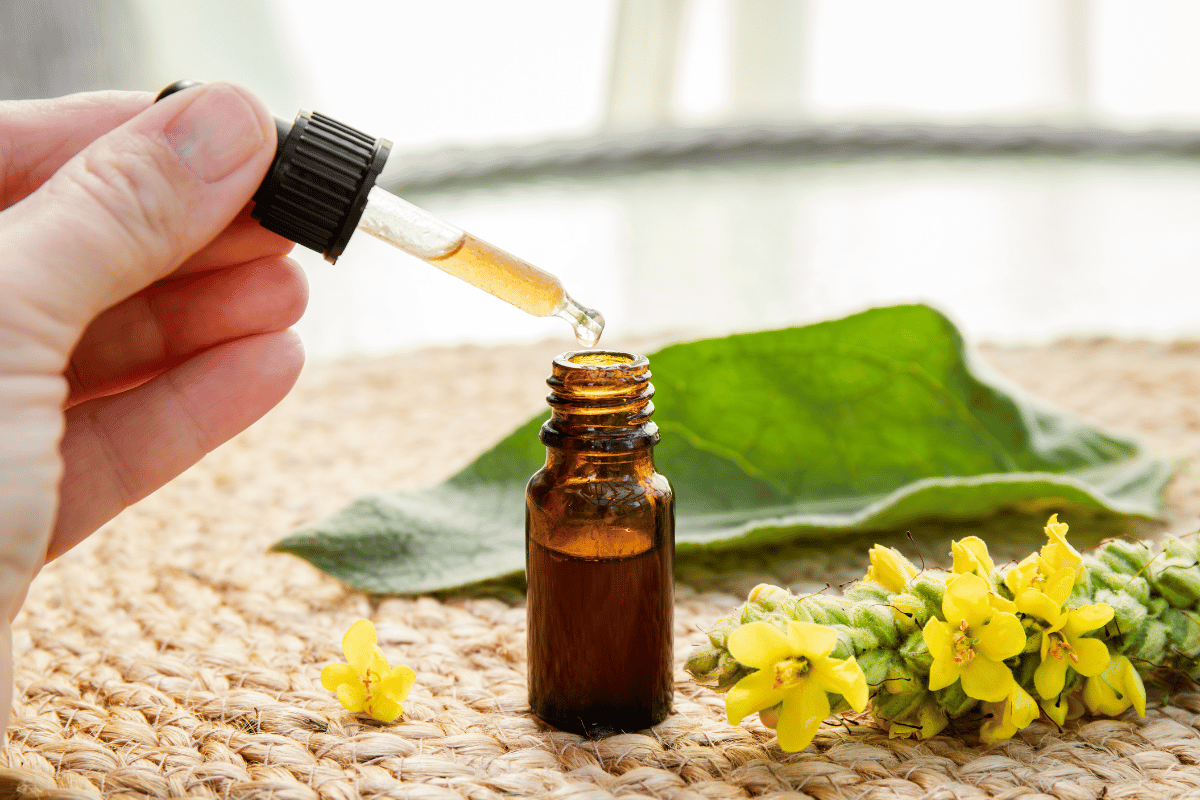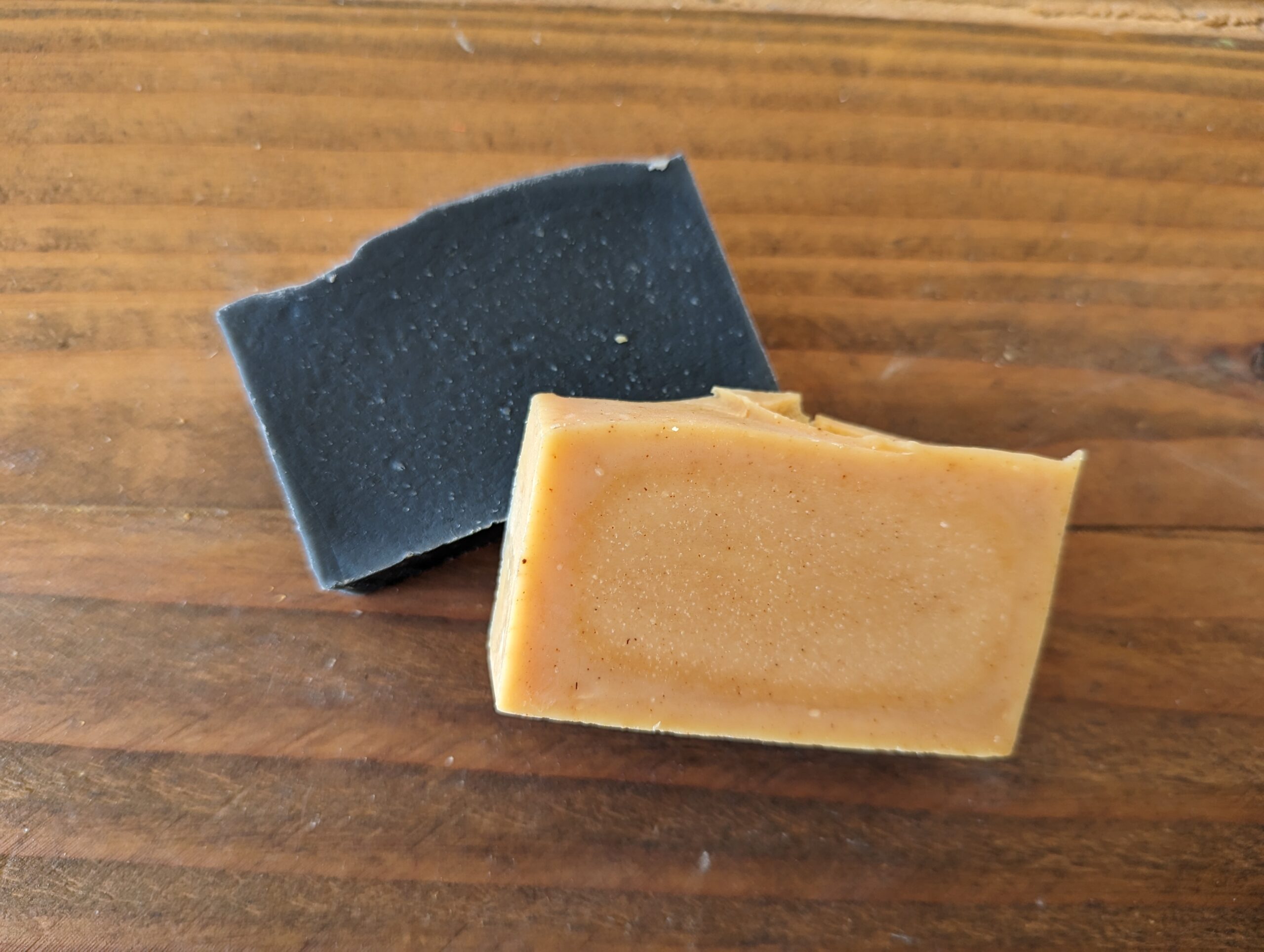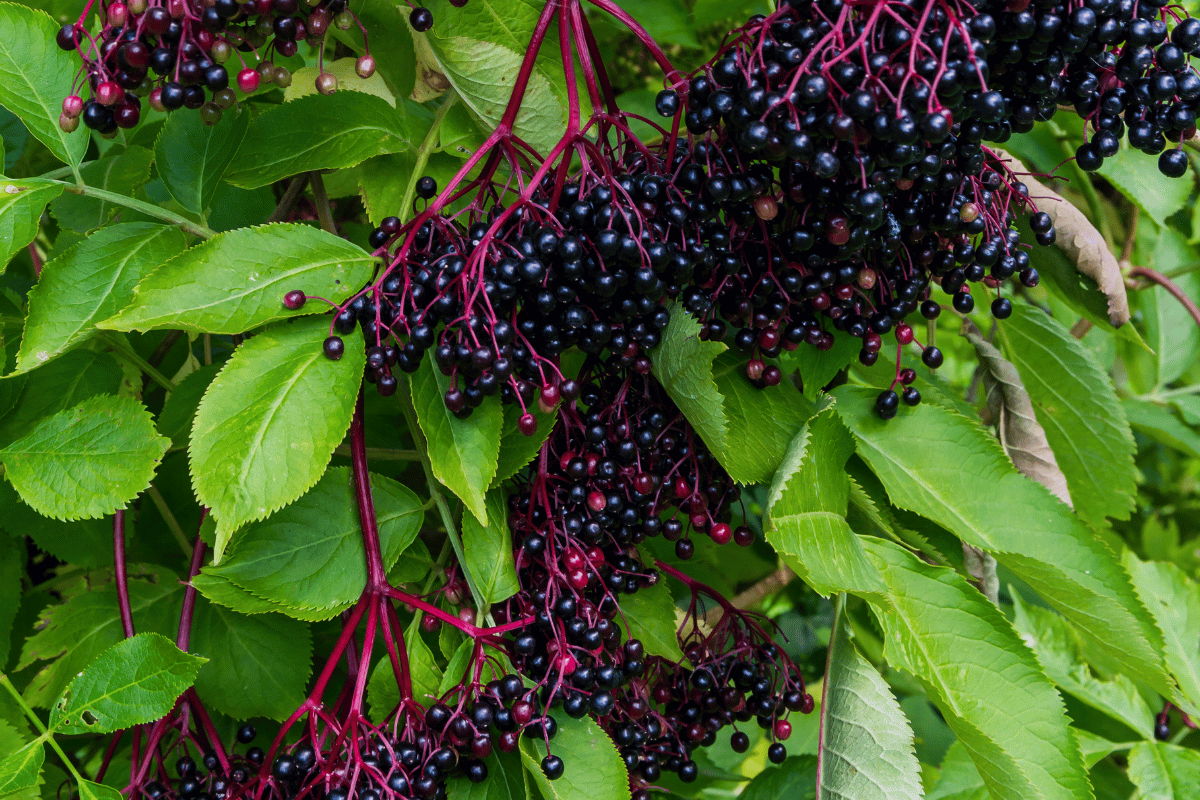Best Herbs for the Liver: Health, Support & Repair
This blog post aims to explore the intersection of liver function and herbal medicine by describing the best herbs for the liver. We will explore scientific evidence supporting key herbs. From the well-known milk thistle seeds to the humble burdock root, we’ll uncover how these herbs cleanse, protect, and strengthen the liver against damage and disease.
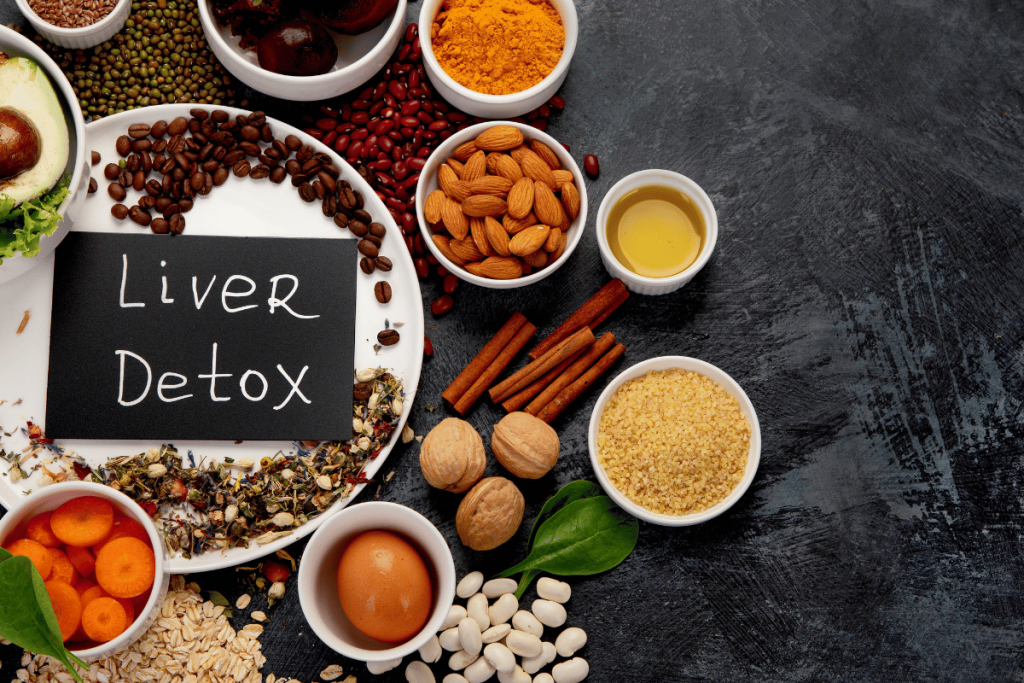
This is not to be considered medical advice. Please speak with your trusted healthcare professional before using any herbs medicinally.
Importance of Liver Health
The liver is an essential organ for overall health. It performs numerous vital functions in the body, including detoxification, metabolism, and the production of important proteins. Without a healthy liver, the body’s ability to function optimally is compromised.
In recent years, there has been a growing concern about liver damage and diseases. Factors such as poor dietary choices, sedentary lifestyles, excessive alcohol consumption, and exposure to toxins have contributed to an increase in liver-related issues. Chronic liver diseases, such as nonalcoholic fatty liver disease (NAFLD) and hepatitis, have become more prevalent, posing significant health risks.
Role of Herbs in Supporting Liver Wellness
Throughout history, herbs have been used to support liver health. Traditional herbal remedies have been passed down through generations, with many cultures relying on plants and botanicals to treat liver conditions. These herbal remedies often contain compounds with hepatoprotective properties, helping to protect the liver from damage and promote its function.
In recent years, there has been a surge in interest in herbal supplements for liver wellness. Clinical trials and scientific research have explored the efficacy of various herbs in supporting liver health, shedding light on their potential benefits. As a result, more people are turning to herbal supplements as a natural and holistic approach to liver care.
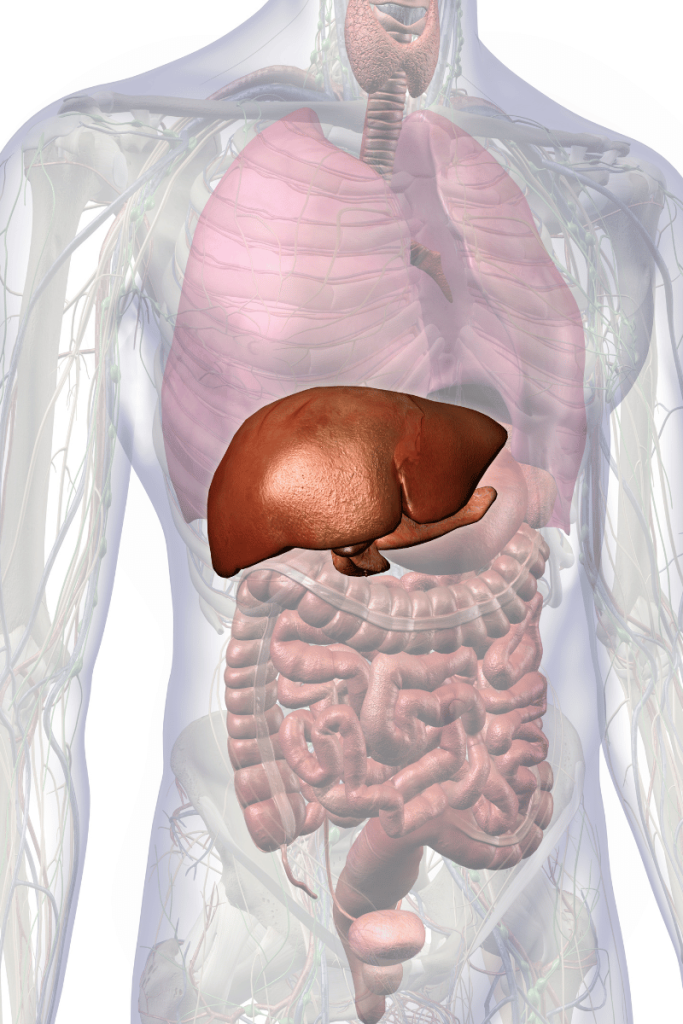
Understanding Liver Health: Common Liver Conditions
The liver can be affected by various conditions, two of the most prevalent being nonalcoholic fatty liver disease (NAFLD) and chronic liver disease. NAFLD is characterized by the accumulation of fat in the liver, often as a result of obesity, poor diet, or metabolic syndrome. Chronic liver disease encompasses a range of conditions, including hepatitis, cirrhosis, and liver cancer, and can result from long-term liver damage caused by factors such as alcohol abuse, viral infections, or autoimmune diseases.
Mechanisms of Liver Damage
Liver damage can occur through several mechanisms, with oxidative stress and free radical damage being significant contributors. Oxidative stress occurs when there is an imbalance between antioxidants and free radicals in the body, leading to cellular damage and inflammation in the liver. Insulin resistance, a condition commonly associated with obesity and type 2 diabetes, can also contribute to liver problems. When cells become resistant to insulin, it can lead to increased fat accumulation in the liver, promoting the development of NAFLD and other liver conditions. Understanding these mechanisms is crucial for addressing and preventing liver damage and diseases.
Best Herbs for Liver Health
These are the best herbs for liver health, but my no means an entire list. I’ve chosen a few from the above list to go into detail. I highly recommend you continue to research the other herbs as they may be more appropriate for you based on your personal health history.
Check out my recourses page for where I source my herbs.
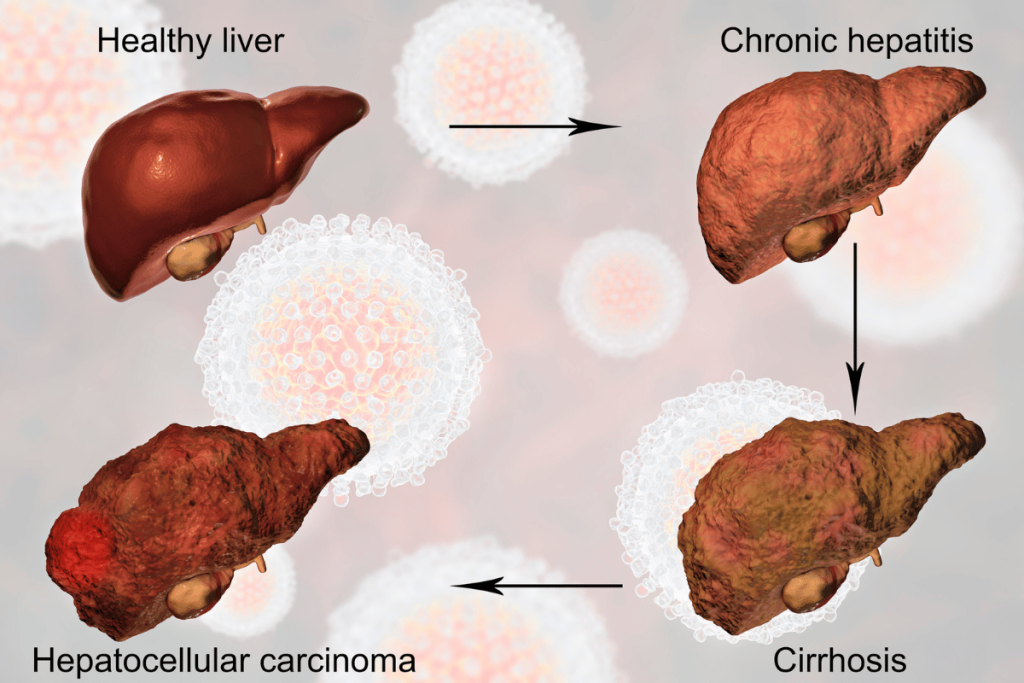
Culver’s Root
Culver’s root (Leptandra virgincia) is a bitter tonic that has shown hepatoprotective effects in clinical studies, with research suggesting its potential to safeguard liver cells from damage caused by oxidative stress and free radicals. It is a strong cholagogue (aides in stimulating bile flow). It is best used short-term or in a formula with other herbs. These properties make it a promising herbal remedy for addressing liver disorders and promoting liver cell regeneration.
Studies have also highlighted the anti-inflammatory properties of Culver’s root, indicating its ability to reduce inflammation in the liver. By modulating inflammatory responses, Culver’s root may contribute to the overall health of the liver and mitigate the progression of liver diseases such as NAFLD and chronic liver disease.
This herb is contraindicated with emaciation, weak digestion, and pregnancy. High doses can cause gastrointestinal upset with diarrhea, vomiting, abdominal pain, vertigo, and other adverse effects. Take with caution and monitor dosing appropriately.
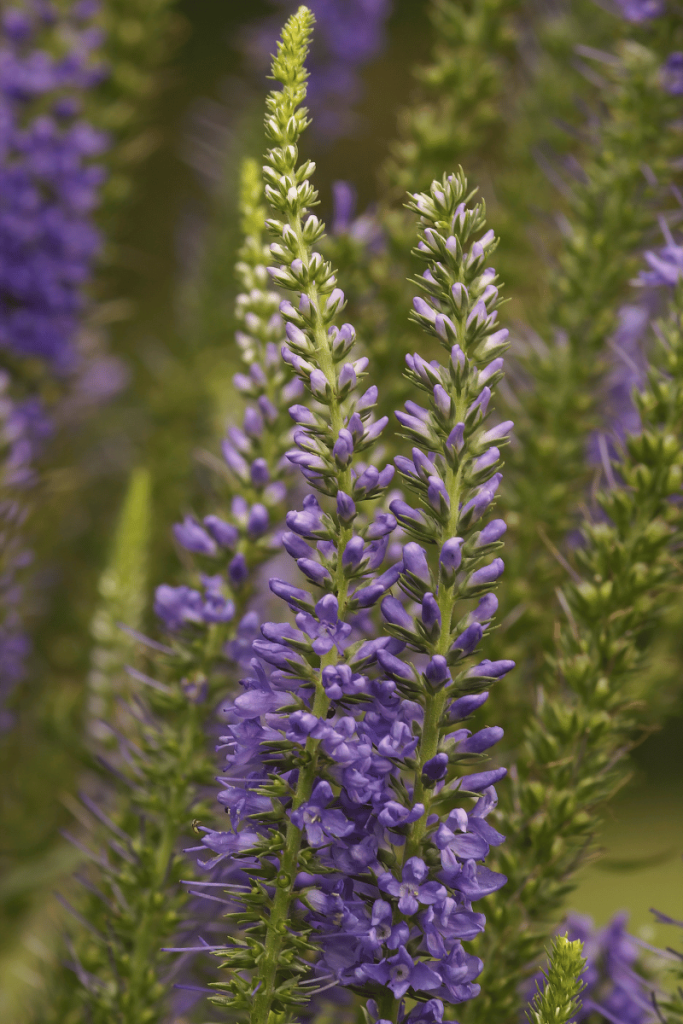
Red Clover
Red clover (Trifolium pratense) is a blood purifier and aids in detoxification of the liver. It is rich in antioxidants, which play a crucial role in protecting the liver from oxidative damage. By scavenging free radicals and reducing oxidative stress, red clover helps maintain liver health and function. Additionally, it stimulates bile production, supporting the liver’s role in digestion and detoxification processes.
Research suggests that red clover may have positive effects on liver enzymes and could potentially benefit individuals with hepatitis C. By promoting liver enzyme balance and function, red clover may aid in the management of liver conditions and improve overall liver health.
Because of red clover’s phytoestrogen content, some herbalists recommend avoiding this herb while pregnant.
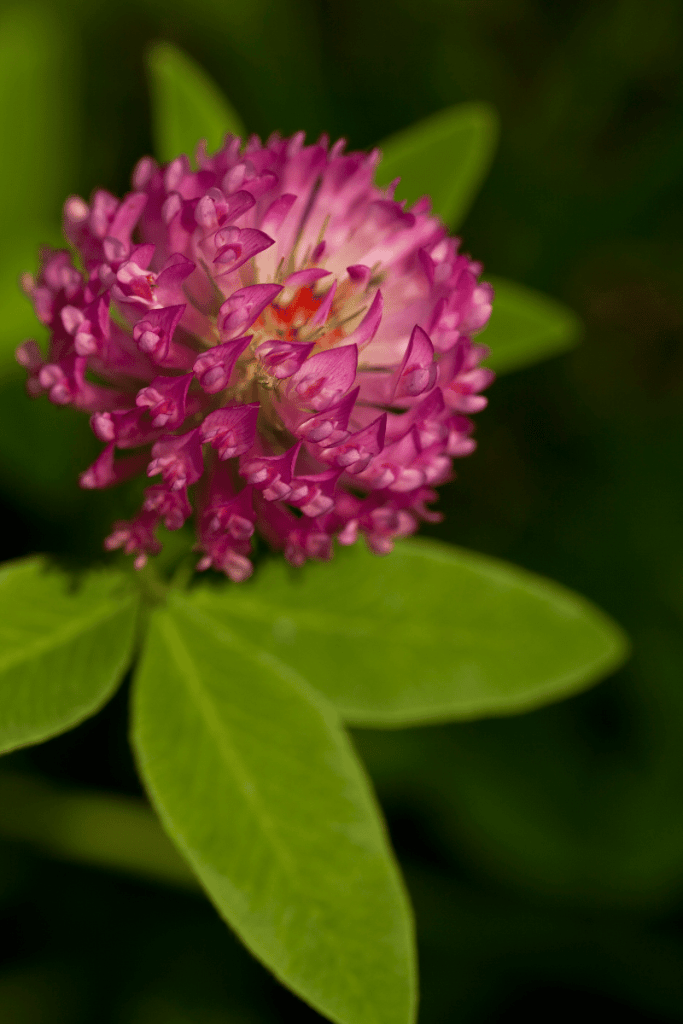
Artichoke
Artichoke (Cynara scolymus) has demonstrated hepatoprotective effects in clinical studies, showing promise in protecting the liver from damage and promoting its health. Traditional uses of artichoke in liver disorders underscore its efficacy as an herbal remedy for liver support and maintenance. This is the leaf of the globe artichoke that many eat as a vegetable. Artichoke contains cynarin, which has been proven to protect the liver. It also has the same active constituent of milk thistle, silymarin, which can aid a sluggish liver and poor digestion.
By incorporating artichoke into herbal blends, practitioners harness its hepatoprotective properties to enhance liver health and address liver-related issues effectively.
If you have a hypersensitivity to any member of the Asteraceae family, this should be used with caution. Milk thistle may be a better herb if you are unable to take artichoke. See the description below.
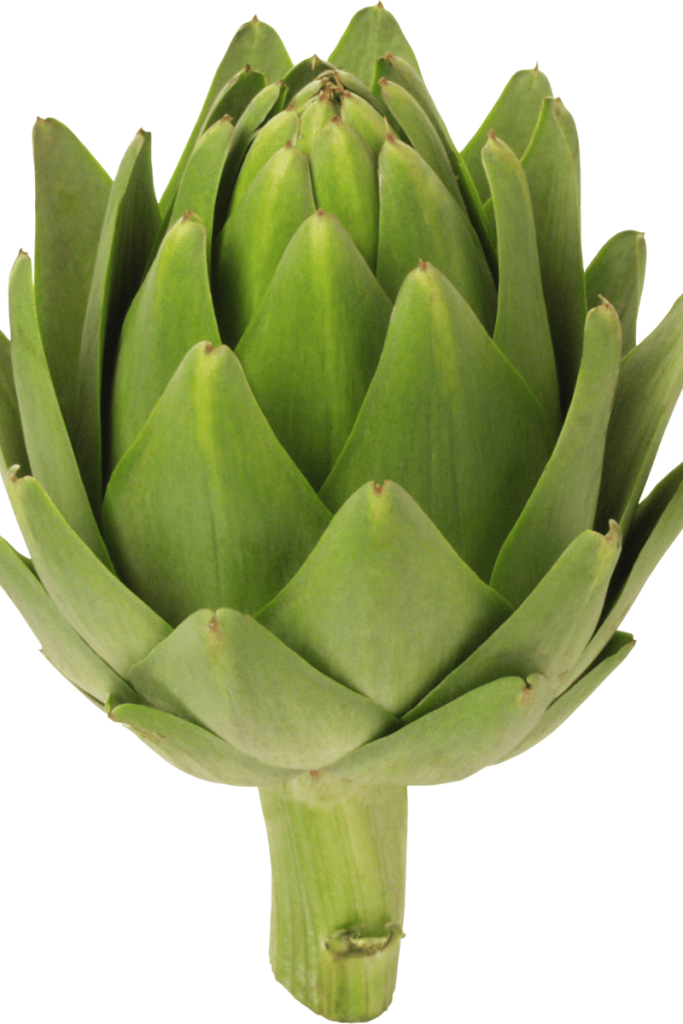
Milk Thistle
Milk thistle (Carduus marianus, syn. Silybum marianum) is renowned for its liver-protective properties, supported by evidence from animal studies. There is scientific evidence showing that the silymarin contained in milk thistle can protect the liver from various chemicals and toxins while also aiding in healing liver disease.
Studies have shown that milk thistle supplementation leads to significant reductions in liver enzymes, suggesting its efficacy in treating liver conditions such as NAFLD and chronic liver disease. By combating oxidative stress and promoting liver detoxification, milk thistle supports overall liver health and vitality.
No known warning.
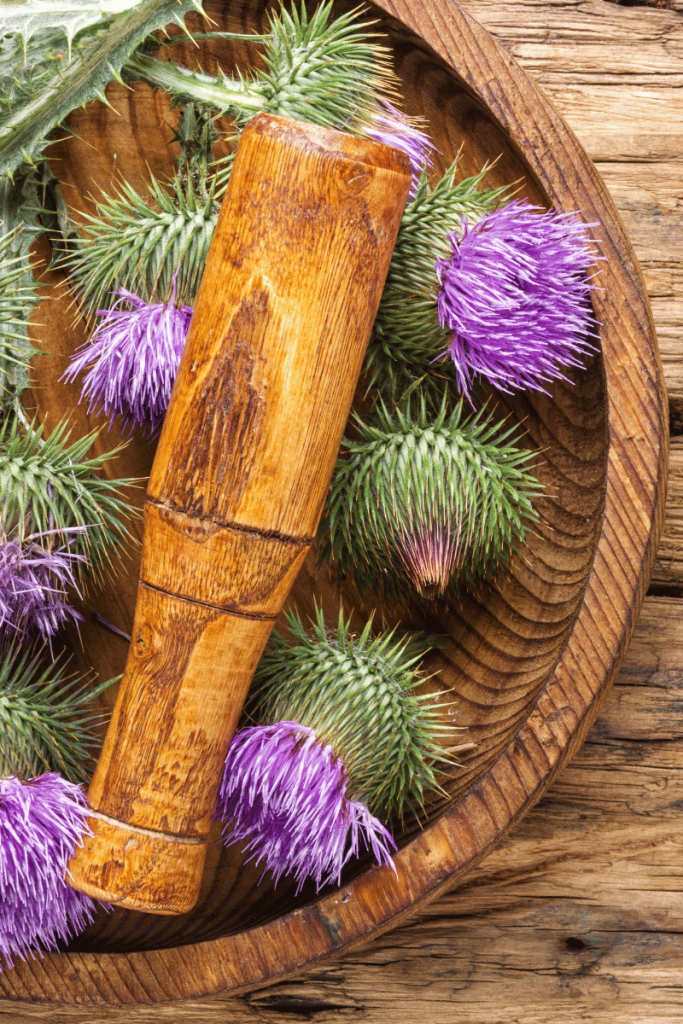
Oregon Grape
Oregon grape (Berberis repens, B. aquifolium) is often used as an alternative to goldenseal because it is more readily available and ethically sourced. It has antimicrobial properties and is a good lymphatic cleansing herb. It stimulates bile flow and when used with other alterative herbs it helps the liver. Its antioxidant properties play a crucial role in maintaining liver function and preventing liver disorders.
Clinical evidence supports the benefits of Oregon grape in promoting liver health. By supporting liver function and reducing oxidative stress, Oregon grape supplementation may offer therapeutic benefits for individuals with liver conditions, improving overall liver support and function.
Do not use it with emaciation or poor digestion. Use with caution during pregnancy.
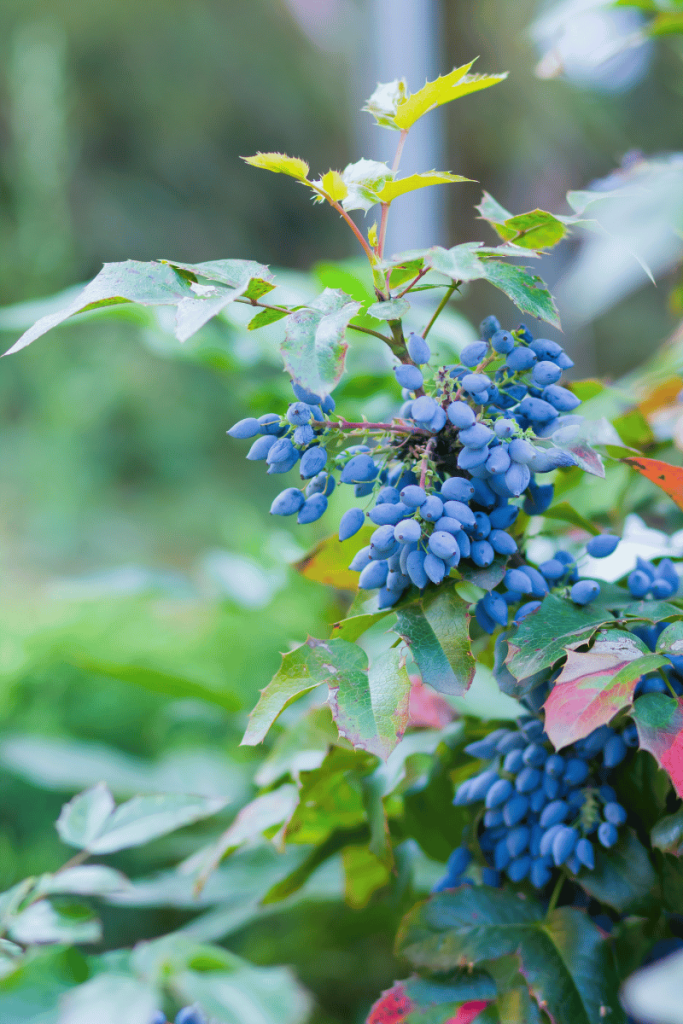
Sarsaparilla
Sarsaparilla (Smilax supp.) is best known for making old-fashioned root beer. It shows potential benefits for liver function and health, although further research is needed to fully understand its mechanisms of action. Traditional uses of sarsaparilla in liver support underscore its historical significance as an herbal remedy for liver-related issues. It is a bittersweet herb that is used for strengthening the liver, purifying the blood, and balancing the glands.
Modern research on sarsaparilla’s liver-supporting properties is ongoing, aiming to elucidate its effects on liver function and health. By exploring sarsaparilla’s traditional uses and modern research findings, practitioners can integrate this herb into liver support protocols effectively.
No known warnings.
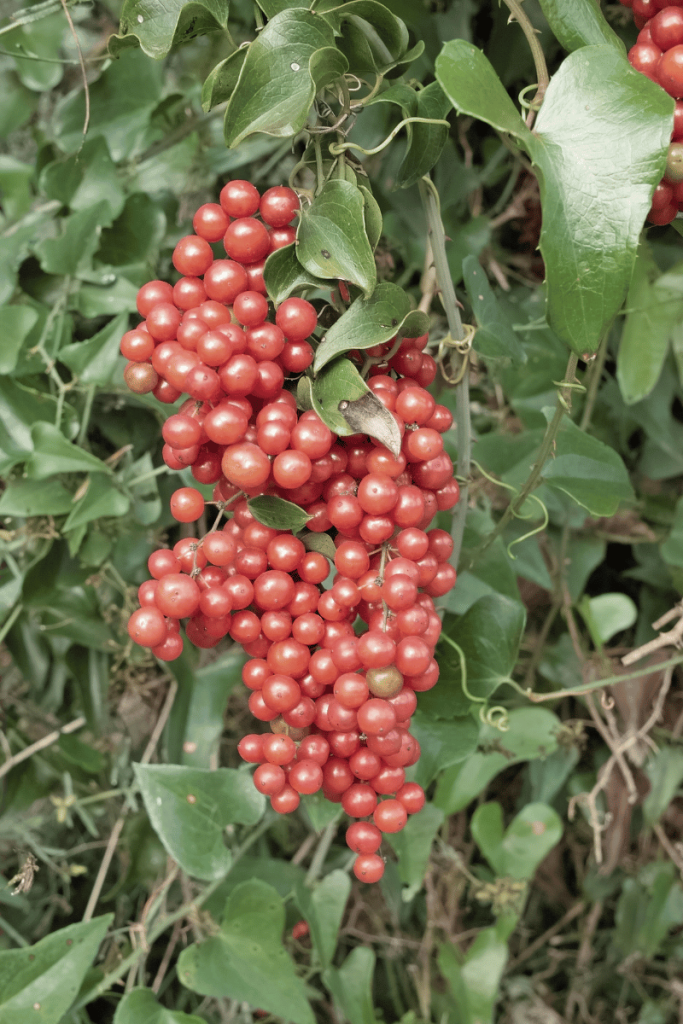
Burdock Root
Burdock root (Arctium lappa) is known for its detoxifying effects and liver support properties. It is a bitter herb that can be used for general liver problems. Burdock root stimulates bile functions and strengthens the liver.
Research has demonstrated the safety and efficacy of burdock root in herbal remedies for liver conditions. By incorporating burdock root into liver support protocols, practitioners can utilize its detoxifying effects to promote liver health and overall well-being.
No known warnings.
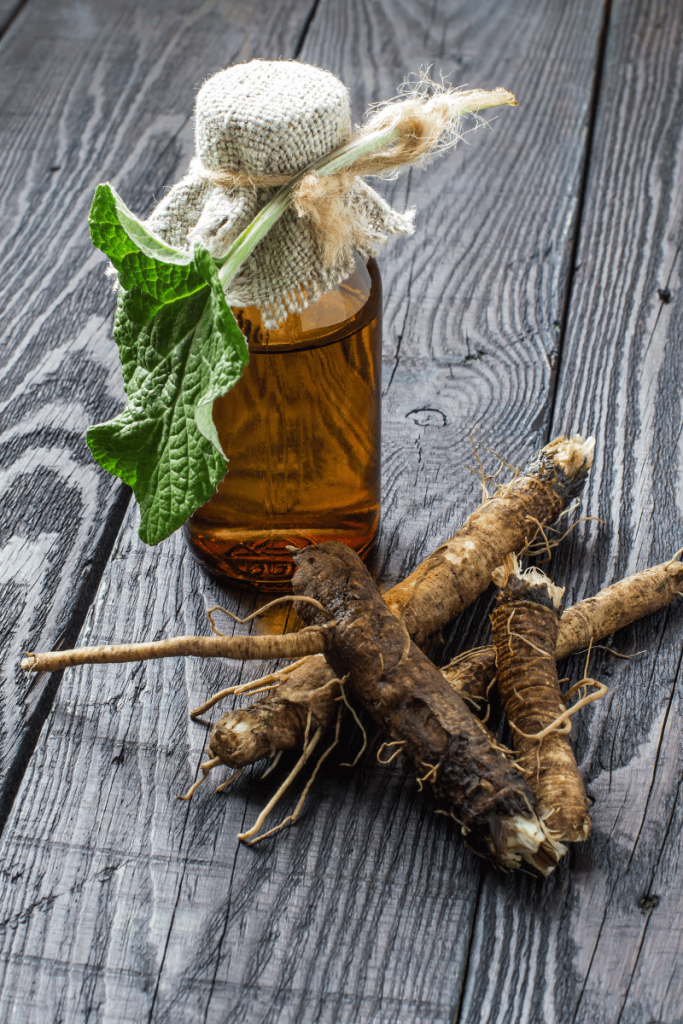
Blessed Thistle
Blessed thistle (Cnicus benedictus) is similar to the milk thistle. It is a bitter herb with a high mineral content. Blessed thistle is used to strengthen the liver and digestive system. Its role in promoting liver health is underscored by traditional uses and historical significance as an herbal remedy for liver-related issues.
It is often used by breastfeeding mothers to increase milk supply.
Herbal formulations containing blessed thistle are used to support liver function and address liver conditions effectively. By incorporating blessed thistle into herbal blends, practitioners can enhance liver support and promote overall liver health.
Not recommended during pregnancy.
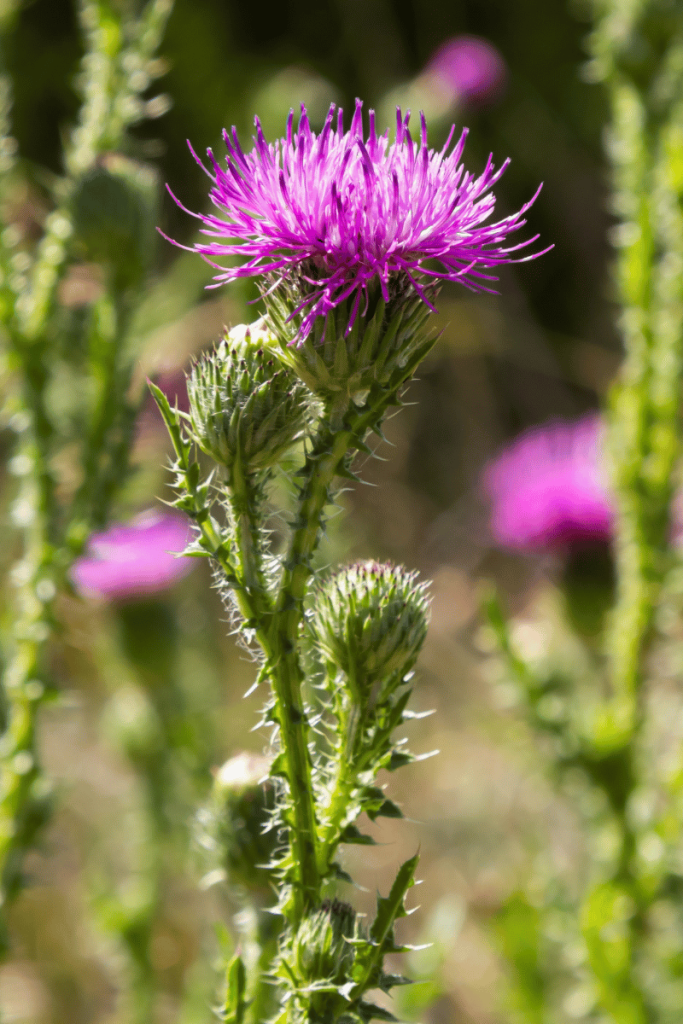
Incorporating Herbs into Lifestyle Changes
Herbal supplements and dietary changes play a crucial role in supporting liver health. Let’s explore how incorporating herbs into your lifestyle can make a positive impact.
Benefits of Herbal Supplements in Liver Support
Herbal supplements offer a natural approach to supporting liver function. Culver’s Root, Red Clover, Artichoke, Milk Thistle, Oregon Grape, Sarsaparilla, Burdock Root, and Blessed Thistle are among the top herbs known for their hepatoprotective effects. These herbs contain antioxidants that help combat oxidative stress, reduce inflammation, and promote liver cell regeneration. Moreover, clinical evidence supports their efficacy in improving liver enzyme levels and reducing the risk of liver disorders.
Herbal Formulas and Their Traditional Uses
Herbal formulas, derived from a combination of various herbs, have been used for centuries in traditional medicine to support liver health. These formulas are carefully crafted to harness the synergistic effects of different herbs, enhancing their potency and efficacy. Whether in the form of capsules, tinctures, or teas, herbal formulas offer a convenient way to incorporate multiple liver-supportive herbs into your daily regimen. By following traditional practices and formulations, you can reap the benefits of these time-tested remedies for liver wellness.
Lifestyle Changes for Liver Health
Taking herbal remedies alone will not be enough to make a life change when it comes to your overall health. You must always have a well-rounded view of your health.
Balanced Diet and Its Impact on Liver Function
A balanced diet rich in fruits, vegetables, whole grains, and lean proteins is essential for maintaining optimal liver function. Incorporating liver-friendly foods such as leafy greens, citrus fruits, nuts, and seeds can provide essential nutrients and antioxidants that support liver health. Additionally, limiting processed foods, sugary beverages, and excessive alcohol consumption can help prevent fatty liver disease and reduce the risk of liver damage.
Exercise and Healthy Lifestyle Habits for Liver Support
Regular exercise and healthy lifestyle habits play a crucial role in supporting liver health. Physical activity helps improve blood flow to the liver, promoting detoxification and aiding in the elimination of toxins. Furthermore, maintaining a healthy weight and managing stress levels are important factors in preventing liver conditions such as NAFLD and chronic liver disease. By incorporating regular exercise, stress-reducing activities, and adequate sleep into your routine, you can support your liver’s natural detoxification processes and enhance overall well-being.
Incorporating herbs into your lifestyle and making healthy dietary and lifestyle choices can go a long way in promoting liver health and preventing liver damage. By prioritizing liver wellness, you can safeguard one of your body’s most vital organs and enjoy improved overall health and vitality.
Practical Considerations and Precautions
When incorporating herbal remedies into your health routine, it’s essential to consider practical aspects and take necessary precautions.
Here are some important points to keep in mind:
Dosage and Administration of Herbal Remedies
Herbal remedies come in various forms, including capsules, tinctures, teas, and liquid extracts. It’s crucial to follow recommended dosages provided by reputable sources or healthcare professionals. Liquid extracts, which are concentrated forms of herbal constituents, may require specific dosage adjustments. Always read product labels carefully and consult with a healthcare provider to determine the appropriate dosage for your individual needs.
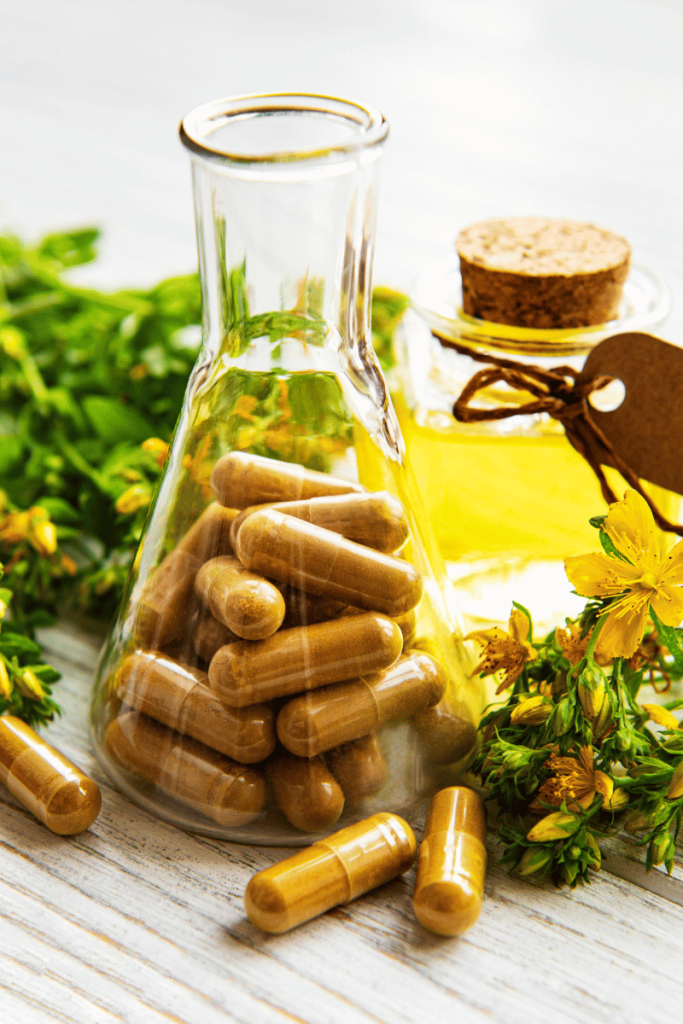
Precautions and Possible Interactions with Conventional Medications
While herbal remedies are generally considered safe when used appropriately, they may interact with certain medications or health conditions. Before starting any herbal supplement, it’s important to disclose all medications, supplements, and health conditions to your healthcare provider. Some herbs may have blood-thinning effects, interfere with medications, or cause allergic reactions in susceptible individuals. Your healthcare provider can help identify potential interactions and provide guidance on safe and effective herbal use.
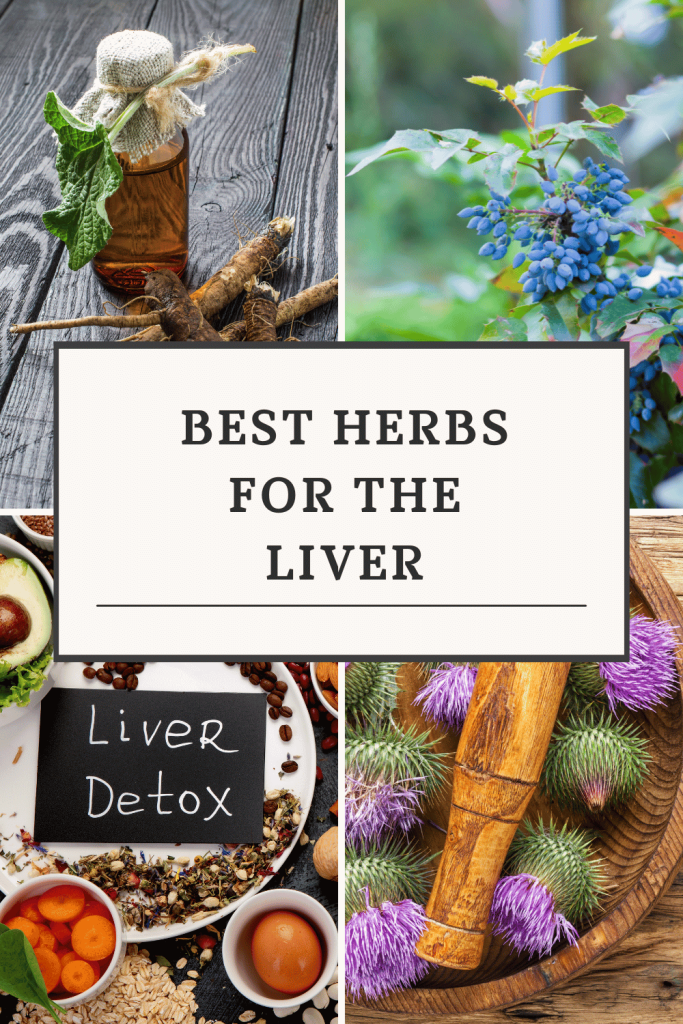
Consulting Healthcare Professionals
Seeking guidance from qualified healthcare professionals is paramount when considering herbal remedies. Clinical practice ensures that herbal treatments are tailored to individual needs, taking into account factors such as medical history, existing health conditions, and medication use. Healthcare providers can offer personalized recommendations, monitor treatment progress, and address any concerns or side effects that may arise.
Integrating Herbal Remedies into Clinical Settings
Integrating herbal remedies into clinical settings allows for collaboration between conventional medicine and traditional herbal practices. Healthcare providers with expertise in herbal medicine can offer holistic care that combines the best of both worlds. By integrating herbal remedies into clinical settings, patients benefit from comprehensive treatment approaches that address their unique health needs while ensuring safety and efficacy.
By considering practical considerations and seeking guidance from healthcare professionals, you can safely and effectively incorporate herbal remedies into your health routine. With proper dosage, administration, and professional guidance, herbal remedies can complement conventional treatments and support overall health and well-being.
In summary, herbal remedies offer promising support for liver health, harnessing the power of nature to promote optimal liver function and overall well-being. By incorporating herbs such as Culver’s Root, Red Clover, Artichoke, Milk Thistle, Oregon Grape, Sarsaparilla, Burdock Root, and Blessed Thistle into your lifestyle, you can tap into their hepatoprotective effects and support liver health naturally.
Best Herbs for the Liver Review
These herbs provide a wealth of benefits, including antioxidant properties, anti-inflammatory effects, and liver cell regeneration, making them valuable allies in combating liver damage and diseases. By promoting liver function, herbal remedies contribute to improved overall health and quality of life, enhancing vitality and vitality.
However, there is still much to learn about the full potential of herbal medicine in liver wellness. Encouraging further research and exploration is crucial to expanding our understanding of the efficacy and safety of herbal remedies for liver health. Continued scientific studies and clinical trials are needed to validate the therapeutic benefits of herbs and optimize their use in clinical practice.
As we continue to embrace the potential of herbal medicine in liver wellness, let us approach with curiosity and open-mindedness. By working together to explore the vast potential of herbal remedies, we can unlock new avenues for liver support and pave the way for enhanced health and vitality for all.

